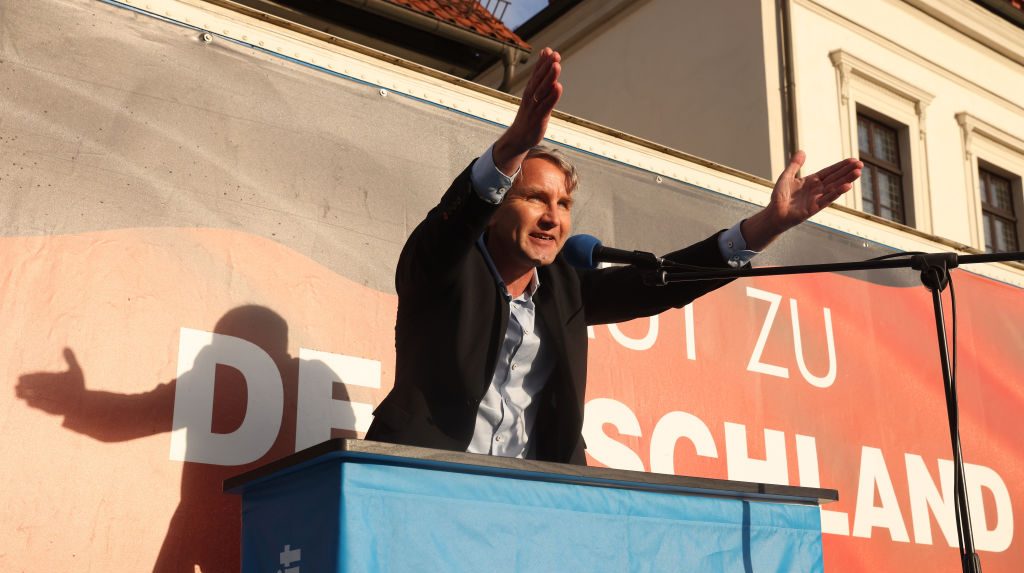There is a difference between a trigger and a reason: The Arab Spring in 2011 was triggered by the Tunisian street vendor Mohamed Bouazizi setting himself on fire in response to having his wares confiscated and being harassed by Tunisian authorities.
Yet we usually do not tell the story of the Arab Spring as a tale of police brutality. As the revolutions spread from Tunisia to Libya, Egypt, and then other parts of the Arab world and North Africa, it became abundantly clear that Bouazizi was a symbol of something much deeper. Populations had become estranged from their rulers; many Arab governments had very little legitimacy in the eyes of their own people.
A similar phenomenon applies with the recent French riots, triggered by the killing of 17-year-old Nahel Merzouk at the hands of a police bullet in the Parisian suburb of Nanterre during a traffic stop. It took 45,000 police officers and curfews to quelled the riots. And everyone knows that the powder keg in the French “Banlieues” could go off again at any moment, as it did in 2005 and for eight days this summer.
The political Left and the political Right immediately retreated to their usual explanatory frames. The Left blamed racism, police brutality, and a lack of economic opportunity, while the Right saw immigration and Islam as the main culprits. Unfortunately, both of them are half right and half wrong.
The Banlieues in which so many African and Arab first and second generation immigrants live are hot spots of both crime and Islamic extremism. An increased, above average, police presence is the inevitable consequence. This in turn increases the likelihood of incidents involving the police, including misbehaviour by some officers – but, as the Harvard economist Roland Fryer has demonstrated, the idea that banning police from entering high-crime neighbourhoods will improve the safety of residents is simply false.
The correct alternative is not no police, but more sensitive policing. It is also not true that the French state has not tried to improve the economic situation in the suburbs. For over a decade, successive governments have been spending an estimated ten billion Euros per year on housing, infrastructure, and attempting to improve economic conditions. Yet 57 per cent of children in these areas still live in poverty compared to 21 per cent for the overall French population. Unemployment is more than twice the average.
So while economic problems persist, to claim that the French state has been oblivious to them is not accurate. It should also be mentioned that not all immigrant communities struggle with the same kind of problems. The children of immigrants from South-East Asia, for example, are economically more successful than their native counterparts, and have higher levels of educational attainment as well.
If the right conditions exist, economic success for immigrants in France is possible. The problem for many migrants from the Middle East and North Africa, however, is that the creation of the necessary beneficial conditions will take more effort than with other groups. France has a colonial past in South-East Asia. But the memories of it — and hence the repercussions — seem to play a larger role in the relationship between Paris and its African immigrants.
The kind of resentment bred by a historical narrative that pitches two groups against each other in an eternal struggle underpins the current riots, because emotionally many native French have not accepted the newcomers as fellow countrymen. Furthermore, a significant percentage of first- and second-generation immigrants lack a particular interest in integrating and assimilating with their new home.
The French state is simultaneously viewed as a force of suppression and neglect, more likely to incentivise a sense of resistance than of loyalty. Yet if a person feels no loyalty to one’s place of residence, they are also less likely to obey its laws, and in the worst case breaking the law can become an expression of that desire to resist.
This drives the appeal of both Islamism or gang criminality, because if there is a lack of national identity and community to integrate into, young people (men especially) will try to find alternatives.
In many ways, the appeal of political Islam is more a consequence than a cause of the current troubles. Similarly, these issues can not be solved by throwing more money at the Banlieues. A crisis of identity cannot be solved by a slightly larger government cheque or by an additional subway line into the city centre.
In 1976 the historian Eugene Weber published a remarkable book, Peasants into French men, that tells the story of how France was transformed from being merely a name on a map into a cultural reality that integrated numerous people who did not feel French for most of their lifetimes. He did not provide us with a follow-up title regarding how to turn the Banlieues into France, but maybe the French government should try and pick up on his ideas.






Many think it, but few dare say it yet: The riots are handing power to Marine Le Pen